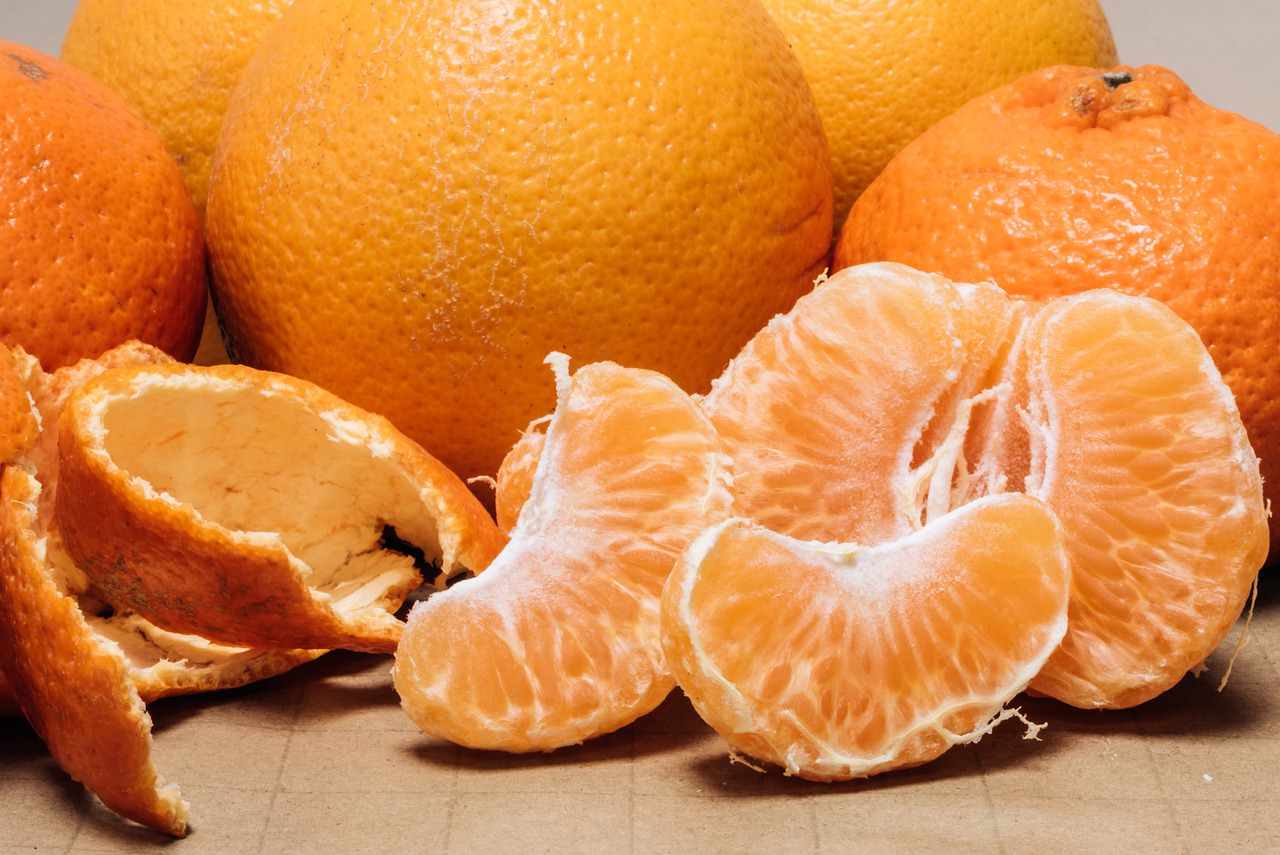Thanks to the bromine found in clementines, these fruits have a relaxing power. Bromine has a calming effect on the nervous system and can help you sleep better. This light, effective sedative function is very useful for counteracting sleeplessness at night.

What are the benefits of clementines?
Clementines strengthen the immune system during the winter. They are rich in fibers that help intestinal motility. They have vitamins, in particular those of group C, but also mineral salts, such as iron, magnesium and potassium. They regulate blood pressure, promote diuresis, counteract water retention, lower the level of bad cholesterol in the blood. Clementines improve eyesight and fight osteoporosis, thanks to the presence of calcium and phosphorus. No.
When are clementines bad?
When the person has gastritis or gastroesophageal reflux. Citrus fruits can have a component of acidity that is not recommended for those suffering from ailments such as gastritis. In these cases it is best to avoid eating them. Abuse could cause further discomfort. Problems with high blood sugar.
What do clementines contain?
Clementines are a true vitamin concentrate of ascorbic acid. Two or three of these fruits a day are enough to cover the daily requirement of Vitamin C. For this reason, clementines protect cells from oxidative stress, strengthen the immune system and facilitate the absorption of iron. This substance belongs to the group of water-soluble vitamins. Be careful when you have gastric reflux due to acidity. In this case, clementines should not be eaten. Not even in juice form.
Which foods make you sleep better?
Those rich in melatonin. It is found in various foods that, taken in the evening before bedtime, promote normal sleep function and help you sleep. They should be taken 10 minutes before bedtime to promote relaxation and normal sleep function. To facilitate their production, it is necessary to reduce the time spent in front of the screens of electronic devices in the evening and at night.
Is corn good for blood sugar?
The bean has a medium-high glycemic index [IG 65]. The caryopsis is rich in starch and this is why it is not indicated in case of high blood sugar, prediabetes and type 2 diabetes. Polenta is also not good for those who have to fight high blood sugar. Those who have to keep their blood sugar under control can use whole foods and therefore also bread, rice and wholemeal pasta.
–

